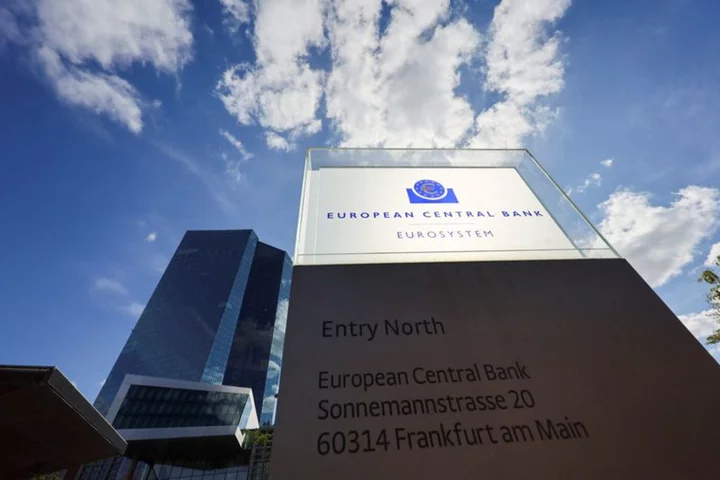STRBSKE PLESO, Slovakia Italy is paying the price for raising its deficit targets via higher borrowing costs, European Central Bank policymaker Klaas Knot said on Friday, telling governments to tighten their purse strings or face "market discipline".
The Dutch central bank governor's comments likely implied he did not see the need for the ECB to intervene in the bond market and narrow the spread between Italy's and Germany's borrowing costs, which has widened since Rome unveiled its new budget plans.
"The spread of (Italy) has run up a little bit over the last few weeks because of an upward revision of the deficit trajectory," Knot told a conference. "So there is still market discipline."
The ECB can buy a country's bonds if it thinks it's coming under undue market pressure, as it did last year and at the height of the pandemic in 2020.
But it has clearly said it wouldn't do so if it thought the country had brought trouble upon itself by running an unsound economic policy.
Italy plans to raise its budget deficit by 23.5 billion euros ($24.8 billion) between 2023 and 2025 to fund support measures for families, workers and pensioners.
The announcement caused the gap between Italy and Germany's 10-year bond yields to widen to 200.2 basis points this week, the widest since March, piling pressure on one of the euro zone's weakest borrowers at a time of already high borrowing costs.
Knot was the first ECB policymaker to directly address the Italian woes but he said that undue fiscal largesse, which makes it harder for the ECB to bring down inflation, extended to other countries too.
"This is the time to...build your fiscal buffers for the time in which the economy maybe goes into recession again in the future, but what we see is that all deficits are close to the 3% (European target), or above the 3%," Knot said.
"There is an unwillingness to be helpful in supporting us in trying to stabilise the euro area economy."
Speaking at the same conference, his Croatian peer and fellow hawk Boris Vujcic joined his call for fiscal discipline after the large deficits of the pandemic years.
"Ministers of finance who were prudent enough... used periods of high inflation to lower down the public debt," Vujcic said. "Others much less, so if they haven't done enough they have more problems further down the road."
In an interview published earlier on Friday ECB board member Isabel Schnabel, the most prominent hawk on the Governing Council, said the recent surge in yields implied "that governments need to be even more prudent".
(Reporting By Balazs Koranyi; Writing by Francesco Canepa; Editing by Alex Richardson, William Maclean)

